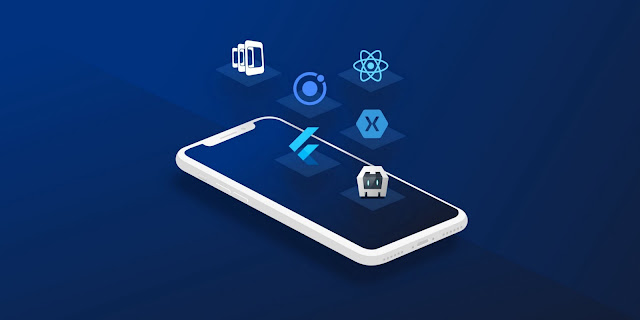Mobile apps have become indispensable tools for businesses looking to engage with their customers effectively. Whether it's enhancing user experience or streamlining operations, having a custom mobile app tailored to specific needs can be a game-changer. However, one of the most common questions that arise when considering mobile app development company is, "How much time does it take?"
Introduction to Custom Mobile App Development
Custom
mobile app development refers to the process of creating unique
applications tailored to meet the specific requirements of a business or
individual. Unlike off-the-shelf solutions, custom apps are designed from
scratch, offering unparalleled flexibility and functionality.
Factors Influencing Development Time
Several factors influence the time it takes to develop a
custom mobile app:
- Complexity of the App
The complexity of the app plays a significant role in
determining the development time. Apps with simple functionalities may take
less time to develop compared to complex, feature-rich applications.
- Features and Functionality
The number and complexity of features desired in the app
also impact development time. Apps with advanced features such as real-time
updates, geolocation services, and integration with third-party APIs may
require more time to develop.
- Platform Selection
Choosing the platform(s) for app development, whether it's
iOS, Android, or both, affects the overall development timeline. Developing for
multiple platforms typically takes longer than focusing on a single platform.
Phases of Mobile App Development
Mobile app development consists of several phases, each with
its own set of tasks and timelines:
Planning and Research
Understanding Requirements
This initial phase involves gathering requirements, defining
objectives, and conducting market research to understand user needs and
preferences. Proper planning and research lay the foundation for a successful
app development project.
Design
Creating the Blueprint
In this phase, designers create wireframes and mockups that
outline the app's layout, user interface, and user experience. The design phase
focuses on aesthetics, usability, and overall user engagement.
Development
Bringing the App to Life
Developers begin coding the app based on the approved
design. This phase involves frontend and backend development, database
integration, and API integration, among other tasks. The development phase is
where the app starts to take shape.
Testing
Ensuring Quality
Once development is complete, the app undergoes rigorous
testing to identify and fix any bugs or issues. Testing involves various
techniques, including functional testing, usability testing, and performance
testing, to ensure the app meets quality standards.
Deployment
Launching the App
The final phase involves deploying the app to the intended
app stores or platforms. This includes preparing marketing materials,
optimizing app store listings, and ensuring compatibility across devices and
operating systems.
Strategies to Expedite Development
While custom mobile app development can be a time-consuming
process, there are strategies to expedite development and minimize time to
market:
- Agile
Development Methodology: Agile methodologies, such as Scrum or Kanban,
emphasize iterative development and collaboration, allowing for faster
delivery of incremental updates.
- Prototyping:
Building prototypes allows stakeholders to visualize the app's
functionality early in the development process, enabling faster feedback
and iteration.
- MVP
Approach: Adopting a Minimum Viable Product (MVP) approach involves
launching a basic version of the app with essential features to gather
feedback from early adopters. This approach allows for quicker validation
of the app concept and iterative improvements over time.
Conclusion
Custom mobile app development time can vary significantly
depending on various factors such as app complexity, features, and platform
selection. By understanding the different phases of development and
implementing strategies to expedite the process, businesses can ensure timely
delivery of high-quality mobile apps that meet user expectations.
FAQs
How much does custom mobile app development cost?
The cost of custom mobile app development varies based on
factors such as complexity, features, and development time. It's essential to
discuss your requirements with a reputable development company to get an
accurate cost estimate.
What skills are required for mobile app development?
Mobile app development requires a combination of programming
skills, UI/UX design skills, and knowledge of mobile platforms such as iOS and
Android. Developers often specialize in languages like Swift, Java, or React
Native.
How can I ensure the security of my custom mobile app?
Security should be a top priority during the development
process. Working with experienced developers, implementing encryption
protocols, and regularly updating the app to patch vulnerabilities are
essential steps to ensure app security.
What is the typical maintenance required after launching a custom mobile app?
After launching a custom mobile app, regular maintenance is
necessary to ensure optimal performance and security. This includes fixing
bugs, updating features, and addressing compatibility issues with new OS
versions.
How do I choose the right mobile app development company for my project?
When selecting a mobile app development
company, consider factors such as experience, expertise, portfolio, and
client testimonials. It's also essential to communicate your requirements
clearly and ensure alignment with the company's capabilities.
If you want to read how to choose the right cross-platform app development company

Comments
Post a Comment